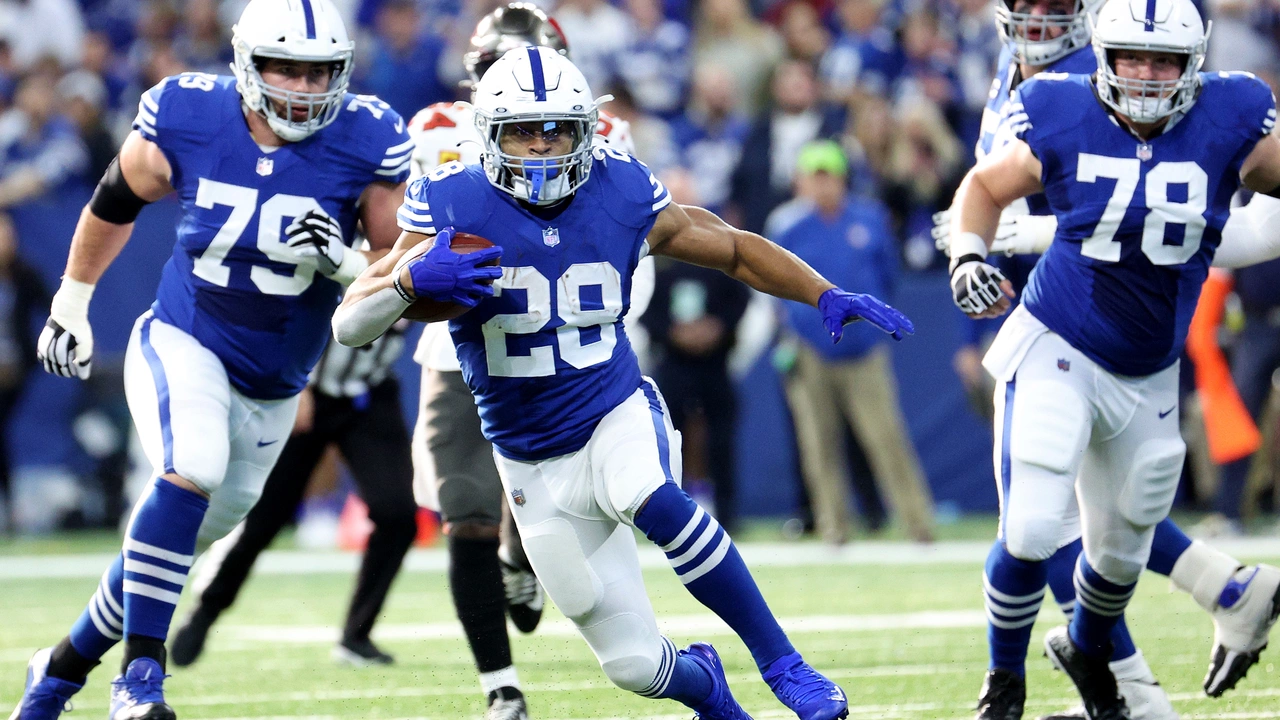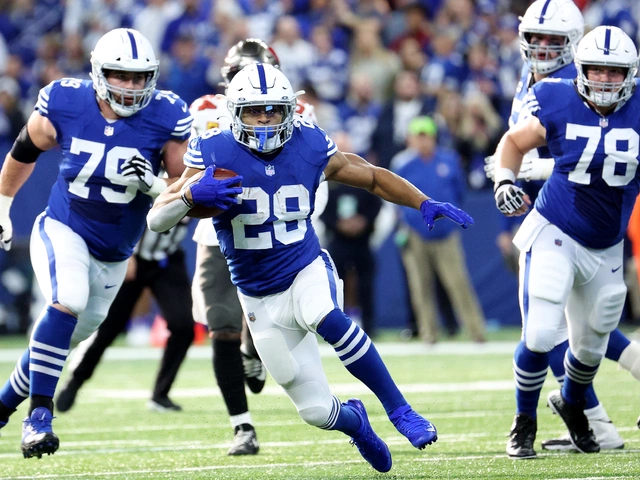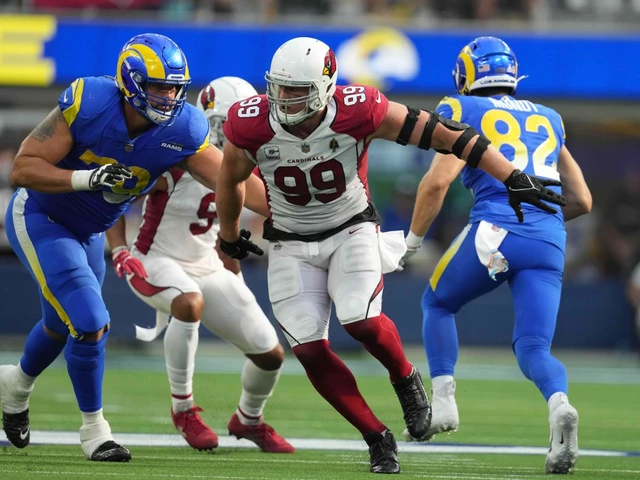Understanding the Concept of a Bye Week
Before we delve into why the NFL has a bye week, it's essential that we first understand what it is. In simple terms, a bye week is a week during the regular season where a team does not have a game. This concept is not unique to the NFL; it is also used in other professional sporting leagues. A bye week is a fundamental aspect of the NFL regular season structure, and it has several significant benefits for the teams involved.
The Historical Background of the Bye Week
The bye week was not always a part of the NFL. This practice was introduced in the 1990 season, when the league expanded the regular season from 16 to 17 weeks. The additional week, which did not include a game for each team, was known as the bye week. The main idea was to provide teams with a well-deserved break in the middle of a physically and mentally demanding season. Since then, the bye week has remained a constant part of the NFL regular season.
The Primary Purpose of a Bye Week
The primary purpose of a bye week is to provide NFL teams with a break. This sport is incredibly demanding both physically and mentally, and the break allows players to recover from injuries and fatigue. It also gives teams time to evaluate their performance and make necessary adjustments. The bye week is scheduled at different times for different teams throughout the season, ensuring that everyone gets a chance to rest and regroup.
Impact on Player Health and Safety
One of the most significant benefits of the bye week is its impact on player health and safety. The physical nature of football means that players often suffer injuries, some of which can be quite severe. The bye week provides players with an opportunity to heal and rehabilitate without the pressure of preparing for a game. It also allows teams to implement injury prevention strategies, which contributes to the overall safety of the players.
Strategic Advantage of the Bye Week
From a strategic standpoint, the bye week offers teams an advantage as it provides them with extra time to prepare for their next opponent. Coaches can use this period to study their upcoming opponents, devise game plans, and conduct more intensive practice sessions. In addition, players can use this time to study film and learn about their opponents' tendencies. This could potentially give teams an edge in their next game.
Effect on Fan Engagement
Interestingly, the bye week also has an impact on fan engagement. While some fans might be disappointed that their favorite team isn't playing, the anticipation for the next game can actually increase fan excitement. Furthermore, the bye week allows fans to focus on other games and teams, which can enhance their overall enjoyment of the sport. Therefore, the bye week is not just beneficial for the teams and players, but also for the fans.
Bye Week in Today's NFL
In today's NFL, the bye week has become more than just a break. It's a strategic tool that teams use to their advantage. The timing of the bye week can also play a crucial role in a team's success. For instance, a bye week later in the season could provide a much-needed rest before the playoffs, while an earlier bye week could help a team that's struggling to find its footing.
The Future of the Bye Week
As the NFL continues to evolve, so too does the role of the bye week. There has been talk about potentially adding a second bye week to the schedule, which could provide even more rest for players and create additional revenue opportunities for the league. However, no decision has been made yet. Regardless of what the future holds, the bye week will likely remain a significant part of the NFL landscape.









